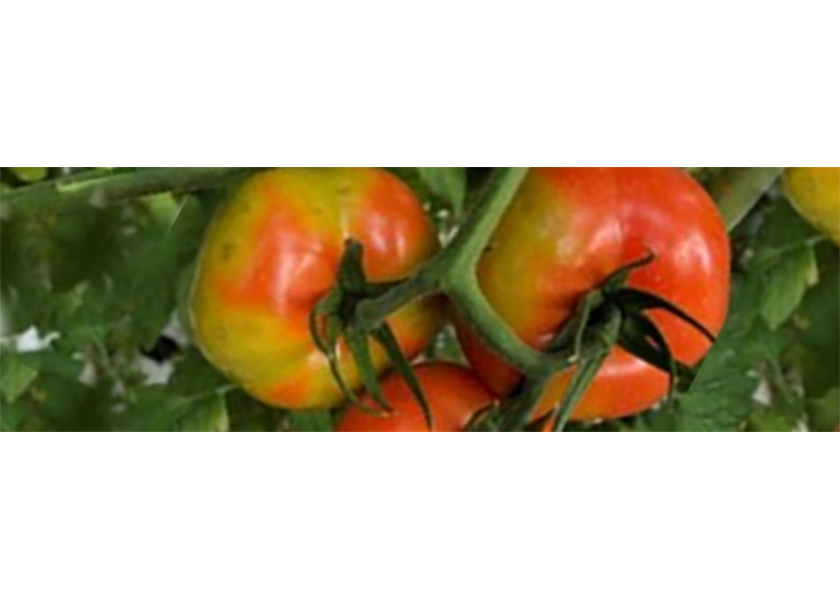USDA extends comment period on tomato and pepper virus control options

The USDA is extending the public comment on regulatory policy options to control the spread of the tomato brown rugose fruit virus, or ToBRFV.
Comments are being taken on two pathway risk assessments and three potential regulatory policy options for ToBRFV in fresh tomato and pepper fruit for consumption and plant propagative material, including seeds, according to a news release.
The public will have an extra 30 days to provide comments on the documents in response to requests to extend the comment period beyond Aug. 30. The USDA will now consider all comments received by Sept. 29, the release said.
To safeguard U.S. agriculture against the introduction of the virus into the U.S., USDA’s Animal and Plant Health Inspection Service issued a federal order effective on Nov. 22, 2019, to restrict the importation of tomato and pepper fruit and plant propagative material, such as plants intended for planting, plant parts and cuttings, and seeds.
On June 3, 2020, APHIS amended the federal order to clarify the requirements for fruit, specifically requiring an additional declaration for tomatoes and/or pepper fruit from countries that already must provide a phytosanitary certificate for these commodities, the release said. All other requirements remained unchanged.
The distribution of ToBRFV is rapidly changing across the world and given numerous detections of the virus in the U.S. over the past several years, APHIS is reevaluating the agency’s policies for regulating fresh tomato and pepper fruit for consumption and plant propagative material, including seeds, for ToBRFV, the release said.
The release said APHIS developed pathway risk assessments to update and inform its policy decisions related to the virus. APHIS drafted the following documents: a tomato and pepper fruit for consumption pathway risk assessment; a propagative plant materials pathway risk assessment; and a document that describes three potential regulatory responses considering the pathway risk assessments.
APHIS is seeking scientific information that would provide a greater understanding of the distribution of ToBRFV in the U.S. and of best management practices, including the development of resistant tomato varieties for this virus, the release said. APHIS is also seeking information about the economic impacts of the potential regulatory options.
APHIS is considering three regulatory policy options:
- Continue to regulate ToBRFV as a quarantine pest but remove those import restrictions for tomato and pepper fruit for consumption. APHIS would continue to regulate propagative materials, including plants and seed, as described in the existing import federal order. APHIS would continue to take action on domestic detections of the virus in seeds and other propagative material.
- Categorize ToBRFV as a non-quarantine pest and rescind the import federal order. This action would remove all import restrictions for this virus for fruit for consumption and for propagative materials. APHIS would no longer take action on domestic detections of the virus.
- Continue to regulate ToBRFV as a quarantine pest and implement the requirements in the existing import federal order without change.
APHIS would continue to take action on domestic detections of the virus in fruit, seeds and other propagative material for consumption, the release said.
APHIS will accept public feedback of the documents on the Stakeholder Risk Assessment Consultation webpage.
The current ToBRFV Federal Order is available on APHIS’ website. Questions can be sent to PPQPRAComments@usda.gov, with "ToBRFV" in the subject line.







